Guilt has finally gotten the better of me. It has been too long since I posted a real post. I have been doing a lot of work behind the scenes lately and was really feeling like a slacker. Then I asked myself the big question…how is that any different from being an academic in the digital humanities? We do the work because we love it and it’s our love of the work that keeps us working in a field where much of our labor is invisible. And if people do see us doing certain kinds of work or conducting certain kinds of research they disparage us.
How many times have I had to hear people say “I wish I could play games and call it research?” or even had folks stop by my office and see me gaming with students and holding theoretical conversations about the work that we are doing and had folks think that it was ok to interrupt us and say things like “It must be nice to be able to play games and call it work.” As if I walk by their offices when they are talking to graduate students and interrupt to say “It must be nice to sit around talking about the authenticity of tea cup patterns in the film adaptation of yet another stupid obscure 19th century novel and call it work.” No….I don’t do that and would never think of saying something so rude…even if I was thinking it. And the funny thing is I’m pretty sure no one would ask me that if I were a man. The men in our field who do digital humanities are known as techies, geeks, film guys, etc. No one asks them to validate their scholarship. Is it the medium, sex, or a combination of the two that leaves me open to interrogation?
More than just a rant, this post is directed at other folks who do digital humanities as well (especially graduate students). We have to do a better job of accepting the fact that playing games can be work for us…and that sometimes even if we’re not playing for a specific purpose the knowledge gained while playing can also be a part of our intellectual growth. That is part of the method to the madness for NYMG. This is an intellectual endeavor and a bit of a stress reliever. It gives me a chance to talk to smart people about games and helps me to stay on course with the research that I am doing.Skinner Box and video games? Gates grant and online writing communities. Race, sex, and World of Warcraft? Cs and the article that I am co-authoring with alexlayne. Anything on games in general and learning (in the classroom and learning game tutorials)? My book project. It’s kind of a low stakes way to think through a lot of my ideas.
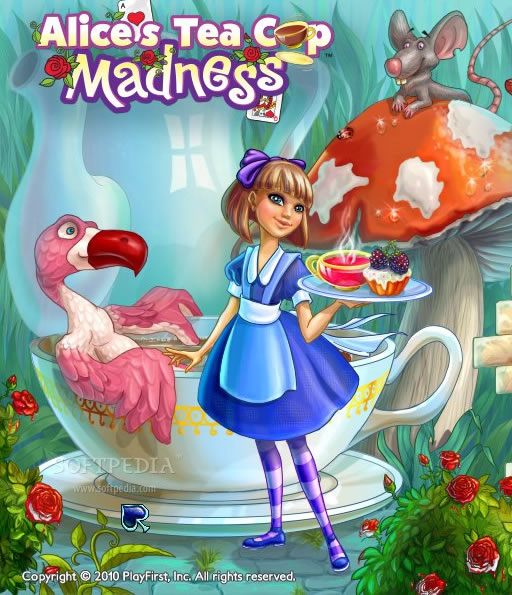 So, the funny thing is the next time some asshat says “It must be nice to…”, I’m going to say, Why yes, it is. It’s nice to enjoy the work that I do and to know that this work is valuable and applicable outside of a small circle of friends who give a damn about tea cup patterns in period films. I’m just saying.
So, the funny thing is the next time some asshat says “It must be nice to…”, I’m going to say, Why yes, it is. It’s nice to enjoy the work that I do and to know that this work is valuable and applicable outside of a small circle of friends who give a damn about tea cup patterns in period films. I’m just saying.

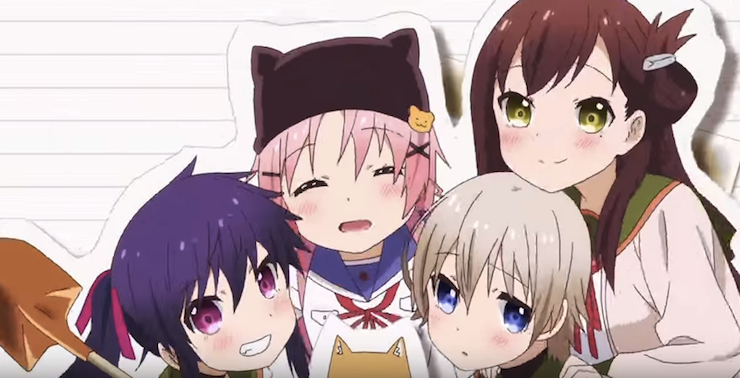
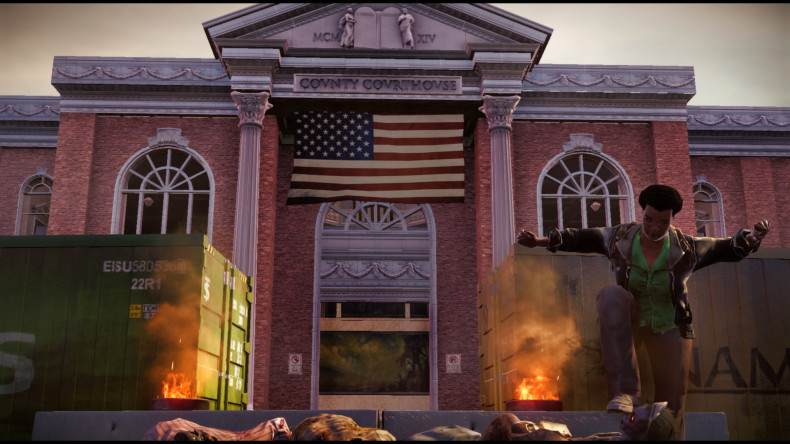
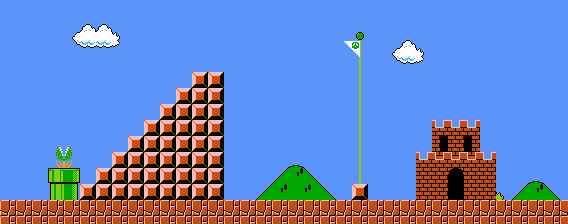
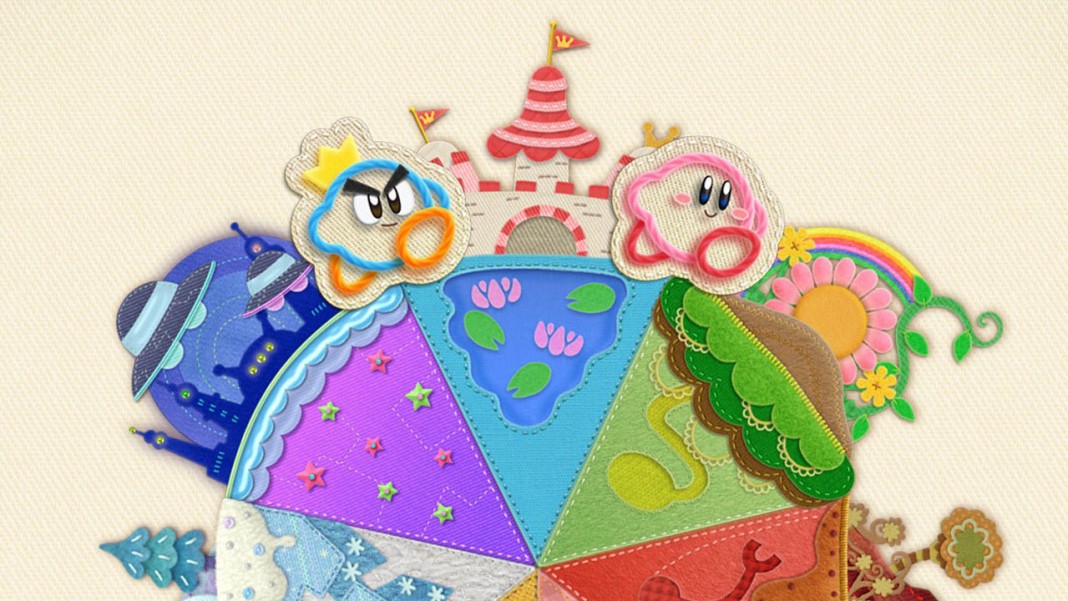
6 thoughts on “You Call “That” Work?: On Research and Video Games”
Love and Work. These are the big concepts this post had me thinking about on the way home, and by the way I walked home with no headphones, so I had nothing to do but think. I’ll do my best to keep this short.
I’m a grad student that can damn near self-identify as someone working in digital humanities. I mean I don’t write specifically about video games, and the only reason I know how to do anything tech-y is because I’m good at typing ‘how to do X’ into Google. But I do think and write about digital stuff of all sorts. But do I love it? And then, is doing so my work? I still say things like ‘I’m going to class (even when I’m teaching), or ‘I have to go read, or ‘I have to go write.’ I never say I have to go to work.
Maybe, just maybe, that is why academics have a problem with you ‘playing’ and calling it work. Think about it: you’re tea-cup guys (masculine pronoun intended) are working on the novels they love. I no longer do a lot of ‘work’ with literature, but I do read it for fun–you know like when I want to play. Maybe we’re already a bit defensive over here in the humanities (which is always, always in crisis) and we’d rather not have folks expose the fact that the work we do is actually fun. We love it. And it’s been fun for much longer than it’s been work. Work is what you get a vacation from. Vacations are when you play games AND read books. Uh. No wonder some academics love to talk about all the work they have to do.
There’s a lot to unpack here, not least of which is the still privileged nature of the book. But what you’ve got me thinking about is what part of being in academe is work and what part is love and what, really, is the difference. I do think there is a difference but I don’t think it is as simple as it might seem.
Thanks!
Anyway, the tea tastes like shit. Don’t drink it regardless of the pattern on the cup.
Perhaps your reply to the aforementioned gluteal millinery could be “I’m sorry you’re so miserable when doing your own work that you’re consumed by jealousy upon discovering the joy in mine. It’s not too late to find a new career.”
Ok, now for a comment with less snarkitude.
Are the “it must be nice…” kinds of comments the social equivalent of the the dying crabs at the bottom of the boiling pot pulling back in the ones who might have a chance at escape?
If it is true that misery and “work” seemingly must go hand-in-hand, then no wonder some folks can’t be happy for others who have careers they love. It is also a sorry commentary on what we’ve gotten ourselves into as a society. But I digress.
I wonder (not simply for academia, but in all “labors”) if one must feel negatively about what one does in order for that activity to be defined as “work.” This is, perhaps, what @jeremy cushman is getting at. What is play/love/work? Does such a thing exist? I think even the tea cup patternists would say it can. By why this continual need to put others on the defensive about what they do? What is gained by defining some people as having the same value as ourselves while others don’t…Oh, wait a minute. Silly me.
Ok. Bear with me a moment…
Recently in my first year writing courses I taught an essay by Mike Rose called “Blue-Collar Brilliance.” This essay is a smaller work based on his book *The Mind at Work* in which he discusses (simply put) the need for society to re-define what counts as knowledge. Rose argues that often blue-collar (and pink-collar) work requires and develops cognitive processes that are not valued by traditional educational models. It might not be book smarts, but they’re smarts nonetheless. He implies that among the ramifications of a narrow definition of knowledge is not only the potential limit to the kind of “work” we (as a society) will create for ourselves in the future, but also the we have of our own abilities to THINK at all.
I hope Rose wouldn’t be bothered that I apply his core points to what I’ll call the “game-collar” or “digital-collar” work that dr. b is referring to. While I’d love to have a debate-ending retort for everyone who ever doubted what I do (be it art, writing, gaming, etc.) what I’m finding is that these “it must be nice…” comments come from narrow ideas of what counts as knowledge and what counts as knowledge-building. In this case, the viewpoint is that because work in—and on—the digital realm doesn’t “look” like traditional modes of thinking/knowing/working, it must not be. Therefore, it can be dismissed as frivolous.
These kinds of arguments aren’t new to academia. On some level or other, traditional academia has ALWAYS questioned the authenticity of the outsider. Is this example any different? Sadly–if I may poorly paraphrase Audre Lorde–it is frequently the job of the outsider to prove her worth to the insider. This seems to be another case.
Maybe a way into the conversation with those who say “it must be nice…” is to locate openings for dialogue by asking THEM to explain what they imagine to be thinking/knowing/working, then to get them talking/thinking about narrow parameters and stunted possibilities. And if that doesn’t work, there’s always a snarky comment in the wings.
Dr. Ludic is much nicer than I feel when someone asks me that crazy ass question…yet again. That being said, you do make a good suggestion. Perhaps this is a great opportunity to open up a discussion on the nature of work. I will definitely try to remember to try that next time.
Welllll, I’m not feeling nice on the INSIDE when stuff like this happens to me. ;-p
And surely I’m not saying we/you/I need to *always* be the peacemakers. Anger, annoyance, irritation…all have their place.
But yes, I am suggesting that perhaps we can feel better prepared to respond to these comments if we are able to articulate HOW/WHY what we do is work but also find ways to engage others in conversation about the nature of work in general (perhaps even press them to define/defend their position).
I wonder what’s been written on the concept of Gaming as Intellectual Work (and the such)…